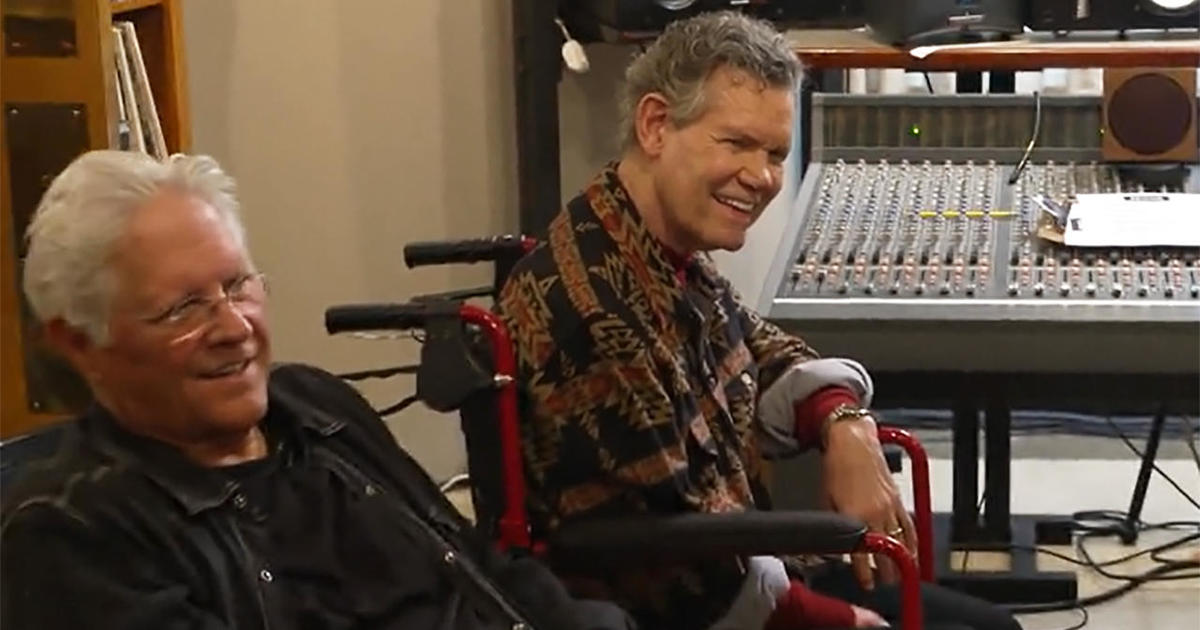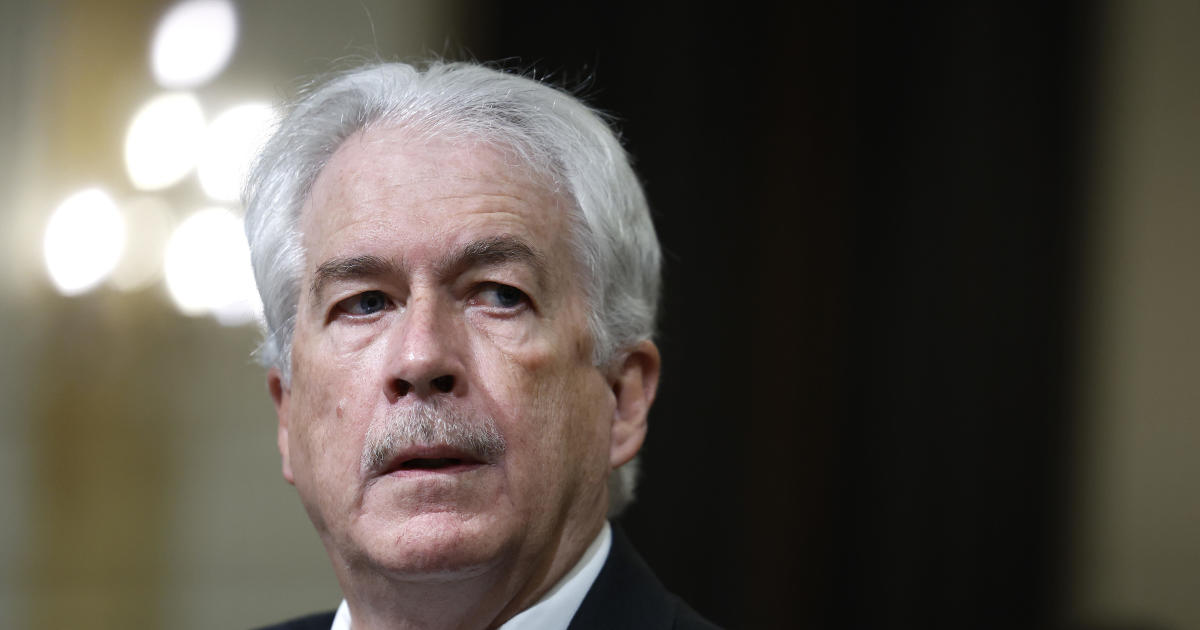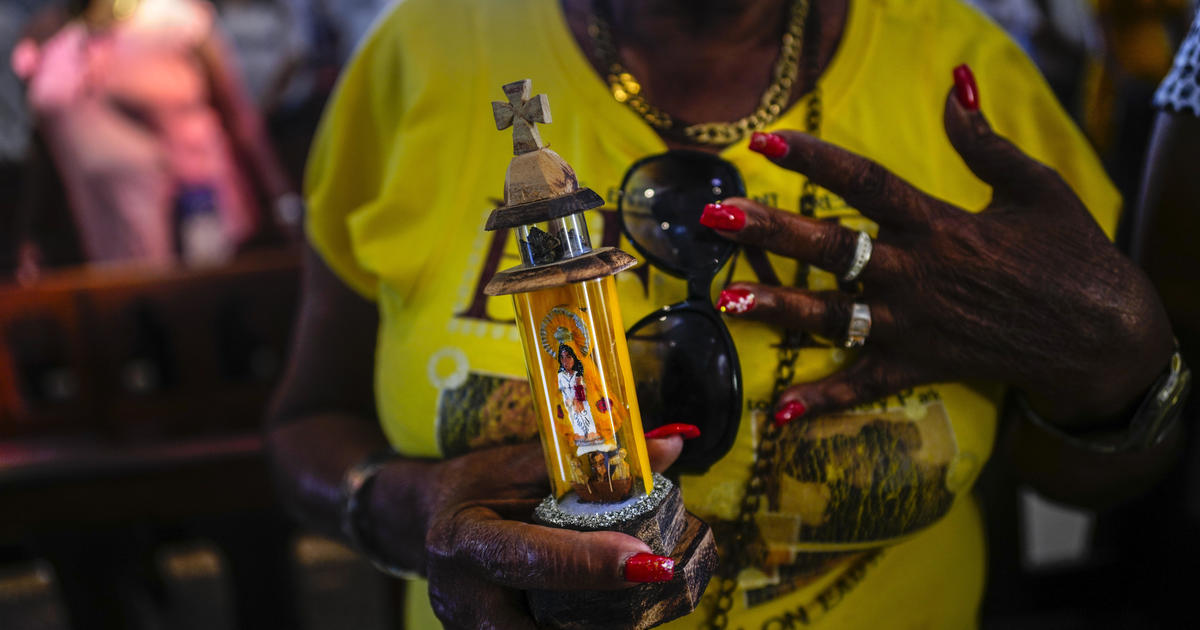West Virginia fire chief shares approach to opioid epidemic that's having a big impact
We're kicking off our partnership with TED with our new series, Ideas That Matter, highlighting individuals and ideas that are shaping our world.
Jan Rader, the first female fire chief in West Virginia, is making a big impact on Huntington's fight against the opioid epidemic. In her Ted Talk released Wednesday, Rader said Huntington's overdose deaths are down 50 percent.
"This epidemic is far from over, but each and every one of us has a part to play in this epidemic. Just by listening and being kind to somebody, you have the ability to make a dent, [a] difference in their lives," Rader said in the TED Talk.
Rader's work fighting the opioid epidemic is featured in the Emmy-winning Netflix documentary, "Heroin(e)," and her efforts earned her a place on this year's Time 100 list of the most influential people. She not only helped establish quick-response teams to visit and speak with patients within 72 hours of their overdose, but she also helped start ProAct, a one-stop clinic for those suffering from substance use disorder.
"Somebody suffering from substance use disorder or addiction is actually a fragile person," Rader said. "They are hopeless and the way we treat them can make their situation better or worse. … So we need to treat them with kindness and compassion and show them that they are a good person and that they do deserve to get better, because they can."
Rader said her community – in a state that has one of the highest drug overdose mortality rates in the country – has been engaged in the fight "day after day after day" for the past four years.
"Naloxone in the first responders' hands and friends and family. We have over 2,000 saves from friends and family having naloxone at home to be able to administer it to their loved ones," Rader said Wednesday on "CBS This Morning."
In order to do that, Rader said laws had to be changed and the city received grants.
Asked what role the drug industry played in West Virginia with painkillers like opioids, Rader said, "Oh, they flooded it and, you know, we can't even – there's a lot of blame to go around, but the fact of the matter is this is where we are and we have to move forward. And we don't want to dwell on that. We want to move forward."
Another important component Rader is focused on is self-care initiatives for first responders who help patients.
"First responders, we are the cavalry. We want to help somebody. And an instance where you have somebody suffering from substance use disorder, you might Narcan them over and over and over again and then find them dead. And we feel like we can't make a difference and that takes a toll on us. So we need to provide our first responders with ways to deal with the stress that they see and give them tools that they can use to help those suffering, like being able to take them to ProAct or the quick response team can help them."



